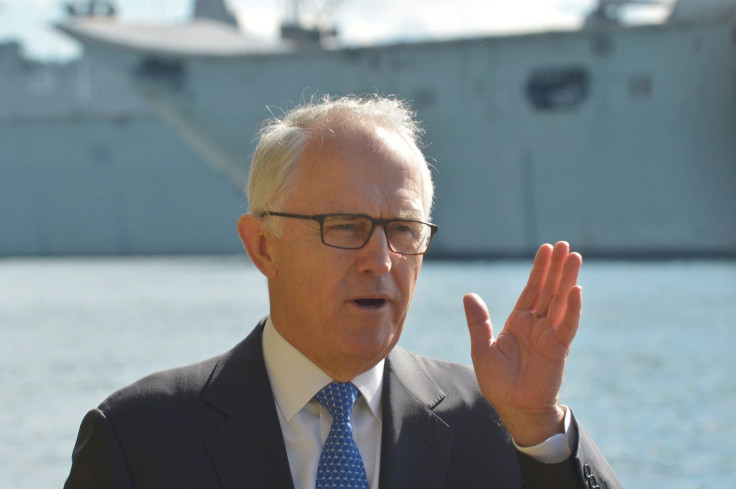Australia, China extradition deal receives support from PM Malcolm Turnbull

Prime Minister Malcolm Turnbull has called for the parliament to give their approval to an extradition deal with China. The PM emphasised that the deal forms a significant part of law enforcement relations between the two nations.
However, a disallowance motion can result in the treaty being dismissed. The opposition was seen by Australian Conservatives senator Cory Bernardi, who said last week he intends to tank the treaty. Among other things, he cited human rights safeguards of the treaty, extremely high conviction in Chinese courts as was seen in 2015 and Australian being the first of the “five eyes” nations to sign a treaty with China.
As reported by Fairfax Media, speculations have emerged concerning MPs crossing the floor in order to sink the treaty, should it become necessary. The treaty has been opposed by the Law Council of Australia, Amnesty and members of the Senate crossbench.
Speaking with reporters on Monday, Turnbull expressed his support for the treaty. "There are very considerable protections in the treaty, and it is an important part of our cooperation with China on law enforcement,” he said. He also cited a multimillion drug bust that reflected ties between the two countries. "Had it not been for that cooperation, (those drugs) would have been on the streets in Australia, destroying Australian lives,” he said.
In briefing Labor on Monday, the Government said blocking the ratification could adversely affect Australia’s ties with China. It would also threaten the bilateral relationship between the two nations while undermining the cooperation between Australian and Chinese law enforcement agencies.
The Labor was looking into the treaty, according to leader Bill Shorten. He said there were questions surrounding Australia’s ties with China, human rights and the rule of law. Last year, the opposition spoke against ratification in a parliamentary report. They urged that a review of the Extradition Act be carried out to make certain it is aligned with the guidelines of international law.
Labor is expected to arrive at its final decision in its caucus meeting on Tuesday. "Our party will be discussing this matter in the coming days before the vote," Shorten said. "Suffice to say, though, we think the extradition treaties which the government of Australia has signed up to around the world need a review and that's certainly where some our thinking is at the moment." Some Labor sources have hinted at the possibility that ALP will vote in favour of Bernardi’s motion, prompting the treaty to be rejected.





















